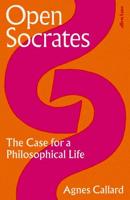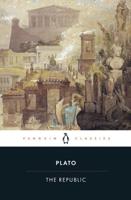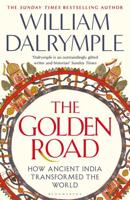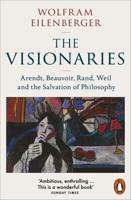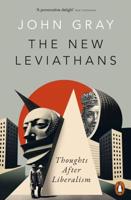Publisher's Synopsis
Excerpt from Clio Enthroned: A Study in Prose-Form in Thucydides
Culture has now been made as familiar to educated Englishmen as they could reasonably desire. They do not, and perhaps never will, regard sculpture as a means of expressing either national or personal feelings. Their interest in architecture is very fitful: when aroused, it looks for a practical utility, or else a monumental display, which are Roman ideals rather than Greek. They inherit a native poetry of marvellous excellence and variety; yet they have no time to take any real possession of its treasures. Trade, finance, sport, and the sciences which promote or secure these pursuits, take up the best of their energies and here the ancient world has little or nothing to teach them. But the great move ments of life and thought are now forcing them to make experiments in adjusting civic cohesion to the rights and needs of the individual; democracy is faced with the problem of empire; and there is a keen appetite for well-informed theory on the growth of political ideas and institutions. The records of civilisation are being searched for examples and contrasts. While modern history is attaining, under this new stimulus, some of its proper importance in education, the public curiosity is evidently willing to travel up above this diverse and indeterminate stream to its simpler sources in antiquity. The most notable of such sources is the History of Thucydides. It shows the Athenian state contending with her neighbours for the supremacy of Greece, and asserting the strength that underlay the brilliance of her culture. It is the scrupulous testimony of a man who, after holding high military command, became a detached observer of many phases in the course of the struggle. Lt pictures a fierce effervescence of political movements, and shows such a management of light and shade, of line and colour, that, while every feature is distinct, the.
About the Publisher
Forgotten Books publishes hundreds of thousands of rare and classic books. Find more at www.forgottenbooks.com
This book is a reproduction of an important historical work. Forgotten Books uses state-of-the-art technology to digitally reconstruct the work, preserving the original format whilst repairing imperfections present in the aged copy. In rare cases, an imperfection in the original, such as a blemish or missing page, may be replicated in our edition. We do, however, repair the vast majority of imperfections successfully; any imperfections that remain are intentionally left to preserve the state of such historical works.




